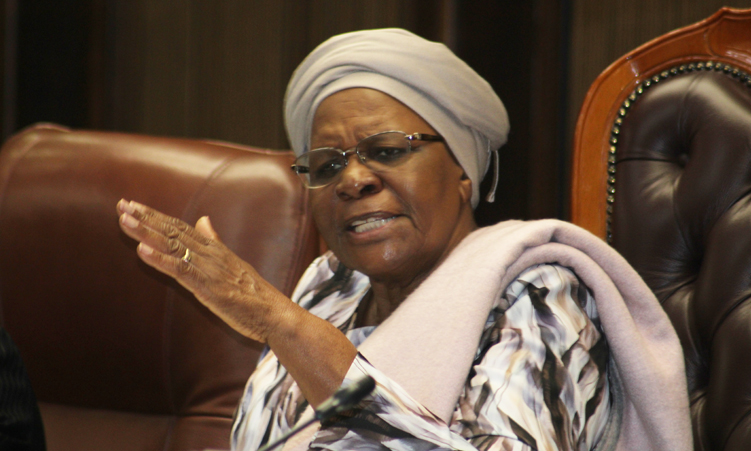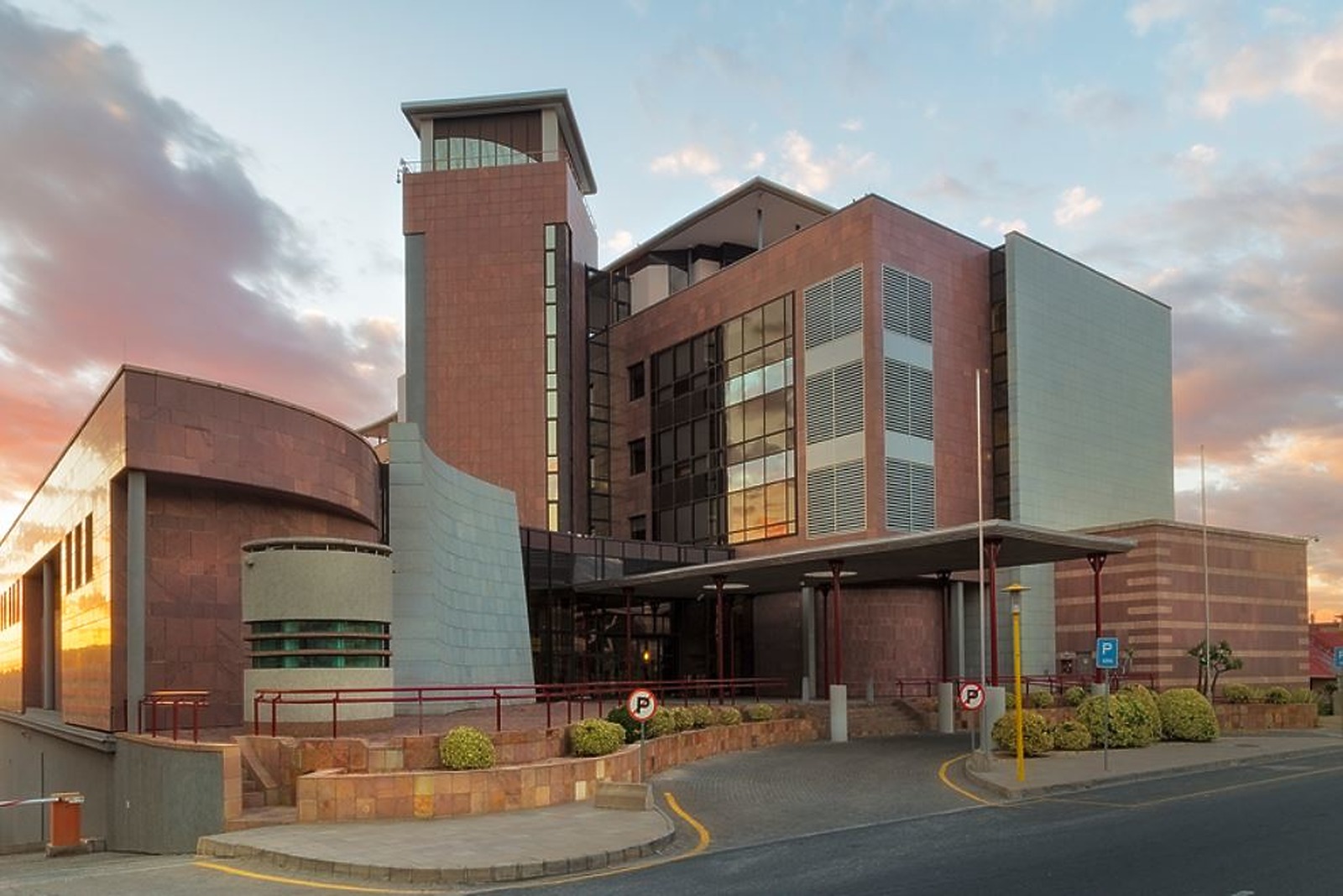THE Minister of Finance says Namibia’s economy is expected to slow down this year.
Saara Kuugongelwa-Amadhila told The Namibian yesterday that she projects economic growth in 2014 to be around four percent, which is one percent less than the five percent the minister said was recorded during 2013, and 1,5 percent less than 2012’s recorded economic growth.
She said although the country’s economy continues showing resilience and, the four percent shows “strong growth”, the impact of challenges such as job creation means this growth will “not be adequate to make the impact we would like to see”.
According to Kuugongelwa-Amadhila, the projected economic growth for the year was calculated after, amongst others, reviewing government’s investment and production plans.
The Namibian government, she explained, remains committed to improve the economic environment for private investors, and has plans to intervene in the economy to achieve its goals using existing strategies such as policy directives in infrastructure, capital injections and Green Scheme projects.
She also said tourism makes up part of the strategy, and government will make sure that the country is properly marketed as a tourist destination “and to continue to attract interested tourists”. In addition, Kuugongelwa-Amadhila said government will also carry on providing tax incentives to corporates.
Calle Schlettwein, the Minister of Trade and Industry, said the main challenge for the year is how the country can enable its trading and business sector’s growth so that it translates into job and wealth creation. Another challenge, he said, was how to bring locally manufactured goods onto the shelves for local consumers.
“The consumer must benefit at the end of the day. We must show some loyalty for Namibian-made goods,” he said, adding that there has been growth in confidence in the local manufacturing sector.
This, Schlettwein explained, is expected to continuing growing throughout this year where emphasis will be on value addition and industrialisation, with focus on job and wealth creation as well as equitable wealth distribution.
Unlike the finance minister, First National Bank (FNB) of Namibia’s Daniel Motinga predicts an economic growth of 4.5% and 5% respectively. This, he said, is “driven by sustained recovery in exports on the back of improving global growth”.
But, he said, they “have noticed a strong detraction from growth owing to Foreign Direct Investment project led infrastructure imports, which we believe should be reversed once some of these projects start producing exports from 2015 onwards”.
For the current year, Motinga forecasts the inflation rate to be at 5,5%.
Meanwhile, Schlettwein yesterday said Government’s stance on the Economic Partnership Agreement (EPA) with the European Union (EU) at this stage remains a fervent ‘no’.
According to him, “one last round of negotiations” is expected to take place early next month.
He said the Namibian government believes that a trade arrangement with the EU is very important. However, such an agreement should not erode the country’s development potential as far as its natural resources are concerned.
“We need more policy spacing. It must be gainful for us not harmful,” he maintained.
Stay informed with The Namibian – your source for credible journalism. Get in-depth reporting and opinions for
only N$85 a month. Invest in journalism, invest in democracy –
Subscribe Now!










